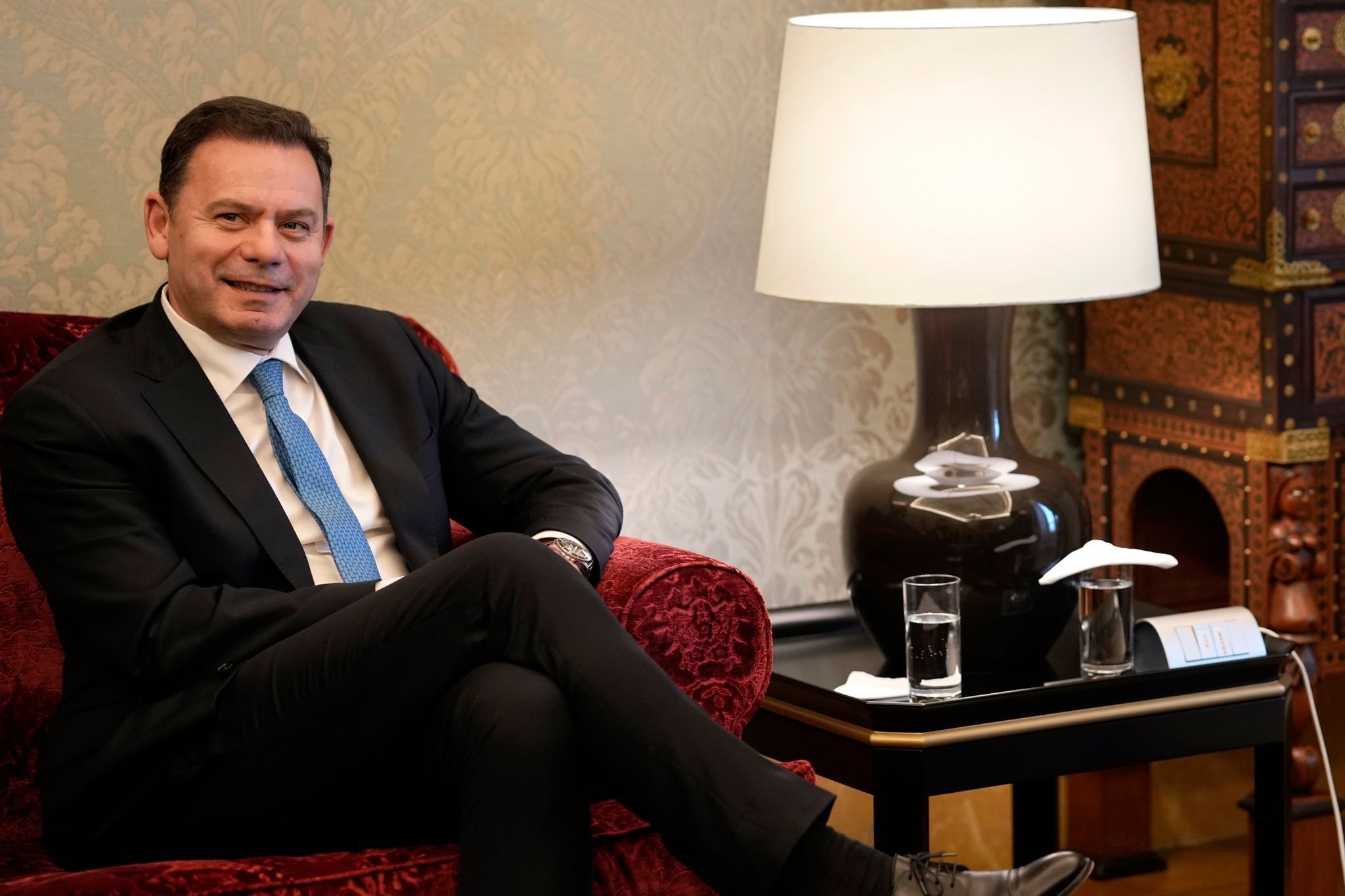The election of the President of the Parliament, which also failed in the third attempt, has revealed deep political rifts in the newly elected “Assembleia da República” on March 10th in Portugal. At the constitutive meeting in Lisbon on Tuesday, all candidates fell far short of the necessary absolute majority of 116 votes in the third and last round of voting shortly before midnight. MPs will meet again on Wednesday to try again. The parties can then also appoint new candidates.
The first day of the meeting made it clear that the new prime minister of the southwest European country, Luís Montenegro from the conservative Democratic Alliance (AD), is facing a difficult term in office. His candidate for President of Parliament, José Pedro Aguiar-Branco, came in second in the third vote with 88 votes, only behind Francisco Assis of the Socialist Party PS (90).
Montenegro was appointed head of government by President Marcelo Rebelo de Sousa last week. His alliance received the most votes in the early election on March 10th and narrowly trumped the Socialists, who have been in power for eight years, but clearly missed their own parliamentary majority. Montenegro wants to present its cabinet on Thursday. The new government is scheduled to officially take office on April 2nd.
Montenegro is likely to have a difficult time
In the new parliament, the AD represents 80 of the total 230 members. The PS lost 42 of its previous seats and only has 78 MPs. The big winner of the election is André Ventura’s right-wing populist party Chega (Enough), which Montenegro and other critics classify as xenophobic and racist. It was able to more than quadruple the number of its mandates – from 12 to over 50 seats.
Since a “grand coalition” between conservatives and socialists in Portugal is considered impossible and Montenegro rejects cooperation with Chega, governing is likely to be very difficult for the 51-year-old. If he does not get a majority in the parliamentary vote on his government program, another new election would become more likely.
